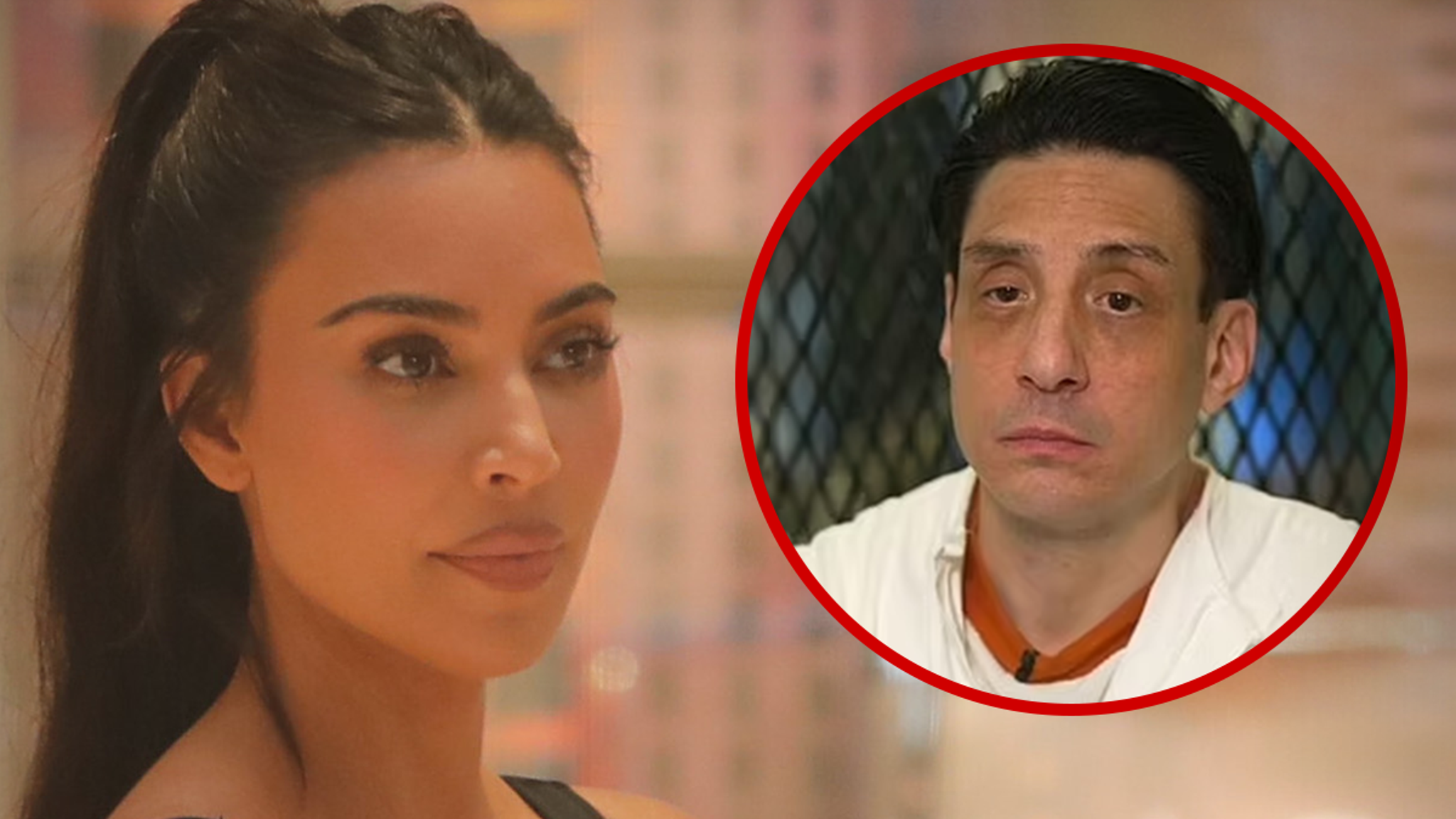Products You May Like
Kim Kardashian has come forward to lend her support to the family of Ivan Cantu, a Texas death row inmate who was executed. Cantu’s case has attracted attention, particularly from Kardashian, who is known for her advocacy in criminal justice reform. In a post made to Instagram, she highlighted her belief that Ivan Cantu was “an innocent man” and expressed her condolences to his family and loved ones during this difficult time.
The context of Cantu’s case is troubling, as he was convicted in 2001 for the murder of his cousin, James Mosqueda, and Mosqueda’s fiancée, Amy Kitchen. Kardashian, who had recently learned about Cantu’s situation from Sister Helen Prejean, a well-known advocate against the death penalty, was moved to share his story. She pointed out that Cantu’s conviction was primarily based on false testimonies from state witnesses, sparking concerns about the integrity of the judicial process in his trial.
In the lead-up to the execution, Kardashian actively attempted to intervene on Cantu’s behalf. She took to social media to urge her followers to sign a petition directed at Texas Governor Greg Abbott, asking for a 30-day stay of execution. Her efforts were aimed at allowing time for new evidence to be reviewed, which she believed could potentially exonerate Cantu.
Despite her appeals, Cantu was executed on February 29, 2024, a development that deeply affected Kardashian and her supporters. Following the execution, she reiterated her views on social media, maintaining her stance that Cantu was innocent and the justice system had failed him. Kardashian’s advocacy highlights the ongoing debates surrounding the death penalty and wrongful convictions in the United States.
Ultimately, Kardashian’s involvement in Cantu’s case reflects a broader commitment to raising awareness about issues in the criminal justice system, particularly concerning the death penalty and the potential for wrongful executions. As a public figure with significant influence, her efforts to bring attention to such cases are a critical part of the conversation regarding justice and reform in America.Ivan Cantu was executed by lethal injection on a Wednesday evening at 6:47 PM, as confirmed by the Texas Department of Criminal Justice. Cantu had consistently asserted his innocence in the face of the murder charges brought against him. His defense claimed that key evidence was withheld by the prosecutors, which could have supported his case, including a recantation from a key witness who originally testified against him.
Throughout the proceedings, Cantu maintained that the murder victims, individuals linked to a drug-dealing operation, were killed by a rival dealer who sought to frame him for the crime. Initally, Cantu was convicted for allegedly killing Jesse Mosqueda and his romantic partner, who were said to be involved in narcotics trafficking. Cantu’s narrative described Mosqueda as a drug dealer who owed substantial money to his rivals, thus suggesting that the motive for the murders was tied to that debt. Despite presenting these claims, the jury ultimately found him guilty.
His execution took place amidst ongoing debates about the fairness of his trial, particularly with allegations surrounding prosecutorial misconduct and the suppression of evidence. Cantu’s case attracted attention not only for his maintained innocence but also for the violent circumstances surrounding his convictions.
At the time of his execution, Cantu was 50 years old, and reflections from his case have called into question larger issues related to the justice system, including how evidence is handled in serious criminal cases and the implications of wrongful convictions. The unresolved controversies surrounding his trial and execution have stirred discussions about reforming the legal processes involved in capital punishment cases in Texas and beyond.
In summary, Ivan Cantu’s story is marked by claims of innocence, questions about the integrity of the prosecution, and a contentious legal battle that resulted in his execution, prompting ongoing discussions on the justice system’s handling of capital cases.
